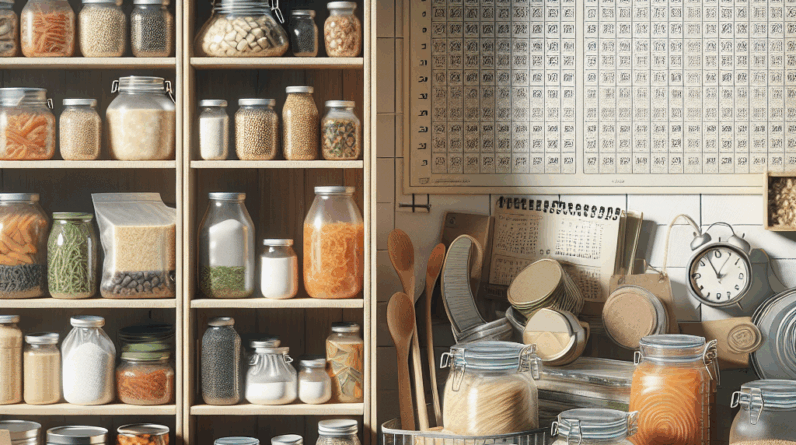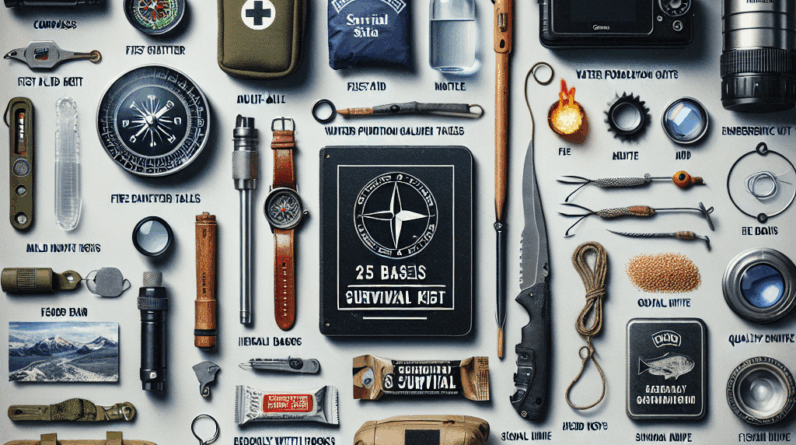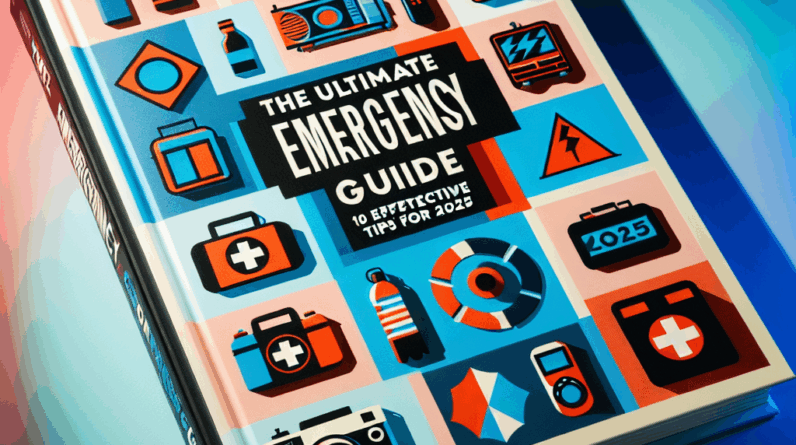Ensuring the safety of your home during crises is paramount. Natural disasters can often lead to increased vulnerability to burglaries as societal norms are disrupted. This guide will help you to not only understand the risks but also to take proactive steps in safeguarding your property effectively against such threats.
Create a Comprehensive Security Plan
# Understand Your Surroundings
Firstly, it’s important to be aware of your neighborhood’s characteristics and potential risks. Monitoring local crime rates becomes even more crucial during natural disasters when desperation can lead to increased criminal activity. Familiarizing yourself with the local environment allows you to tailor your home’s security to its specific needs.
Additionally, understanding local weather patterns and potential disaster types is critical. For example, if your area is prone to flooding, your preparation should focus on mitigating these specific threats to ensure your home’s safety.
Lastly, forming alliances with your neighbors can significantly enhance community safety. Establishing a neighborhood watch program can provide collective security benefits, making it a critical strategy for communal safety.
Invest in Strong Locks and Barriers
# Upgrade Your Entry Points
Investing in high-quality locks is essential for enhancing your home’s security. Upgrading to a robust deadbolt can provide increased peace of mind, especially during turbulent times.
Beyond the front door, securing windows is also crucial as they often represent vulnerable points of entry. Installing window locks and reinforcing them with security film can make these entry points considerably more secure.
Furthermore, installing a sturdy fence around your property can act as an effective deterrent against intruders. A well-maintained fence not only enhances security but also indicates that the property is well-cared for, potentially dissuading criminal activity.
Utilize Smart Technology
# Invest in Security Cameras
In the digital age, security cameras have become invaluable for home security. Setting up cameras around your property allows you to monitor activities remotely, providing a significant security boost.
Moreover, incorporating motion-activated lights adds an extra layer of security, startling potential intruders and illuminating their activities. Integrating these systems with mobile apps can enhance convenience, allowing you to manage security features directly from your smartphone.
Plan for Disasters
# Have an Emergency Kit Ready
Preparing an emergency kit is crucial for immediate disaster response. Stocking it with essentials such as food, water, and first-aid supplies prepares you for unforeseen events.
It’s also vital to include important documents in your emergency kit, ensuring that you have access to essential information even when away from home. Regularly updating and revising your emergency supplies ensures readiness at all times.
Establish a Communication Plan
# Keep Everyone in the Loop
A well-thought-out communication plan is essential during emergencies. Establishing clear contact protocols and meeting points can significantly reduce confusion and enhance collective response efficiency.
Utilizing technology can help maintain communication during power outages, ensuring connectivity. Additionally, including pets in your emergency plans guarantees their safety, providing peace of mind regarding their well-being during chaotic times.
Frequently Asked Questions
# 1. What are the first steps I should take to secure my home during a disaster?
The initial steps should focus on assessing potential risks in your area and strengthening entry points with advanced locks and security systems. Understanding your neighborhood’s specific challenges is crucial for effective preparation.
# 2. How can I effectively use technology to protect my home?
Leveraging smart technology, such as security cameras and motion-activated lighting, significantly enhances your home’s security by allowing real-time monitoring and automated responses to suspicious activity.
# 3. What should I include in my emergency kit?
Your emergency kit should contain basic survival items like food, water, and first-aid supplies, along with personal documents, batteries, and a flashlight to cater to your specific household needs.
# 4. Why is forming a communication plan important?
A communication plan helps ensure that all family members and contacts are aware of how to reach each other during emergencies, reducing confusion and facilitating a coordinated response.
# 5. How often should I review my security measures?
It is advisable to review and update your security measures at least biannually or whenever significant changes occur in your living situation or security technology, keeping your security strategy effective and current.




